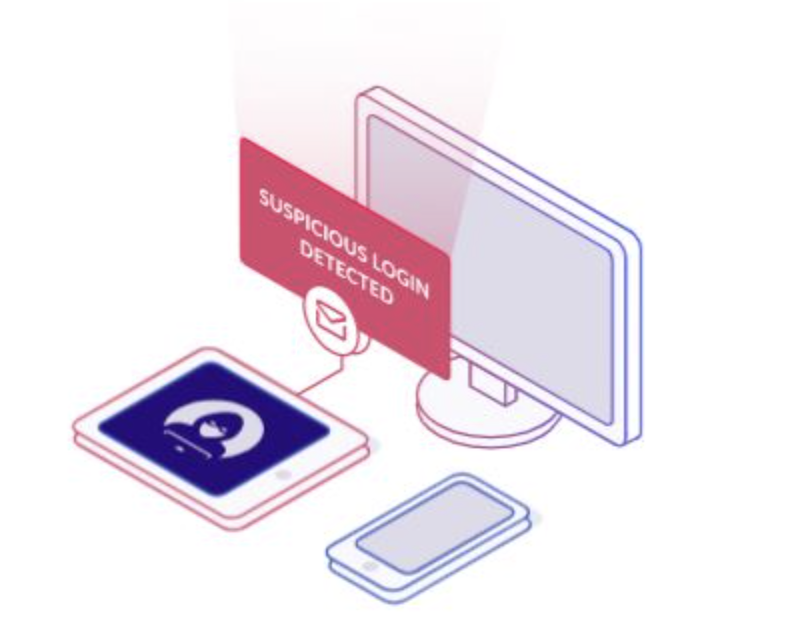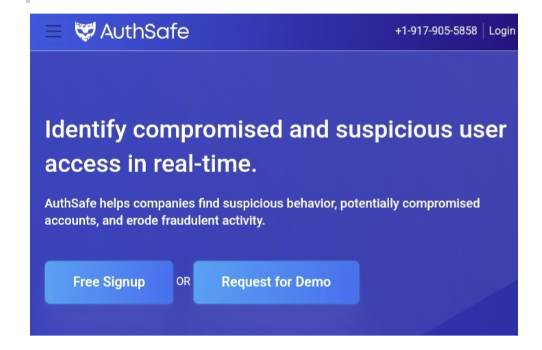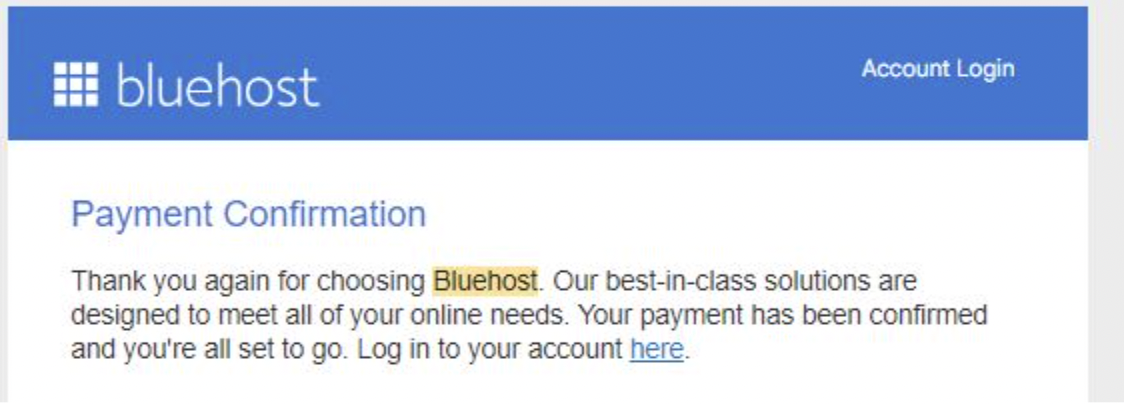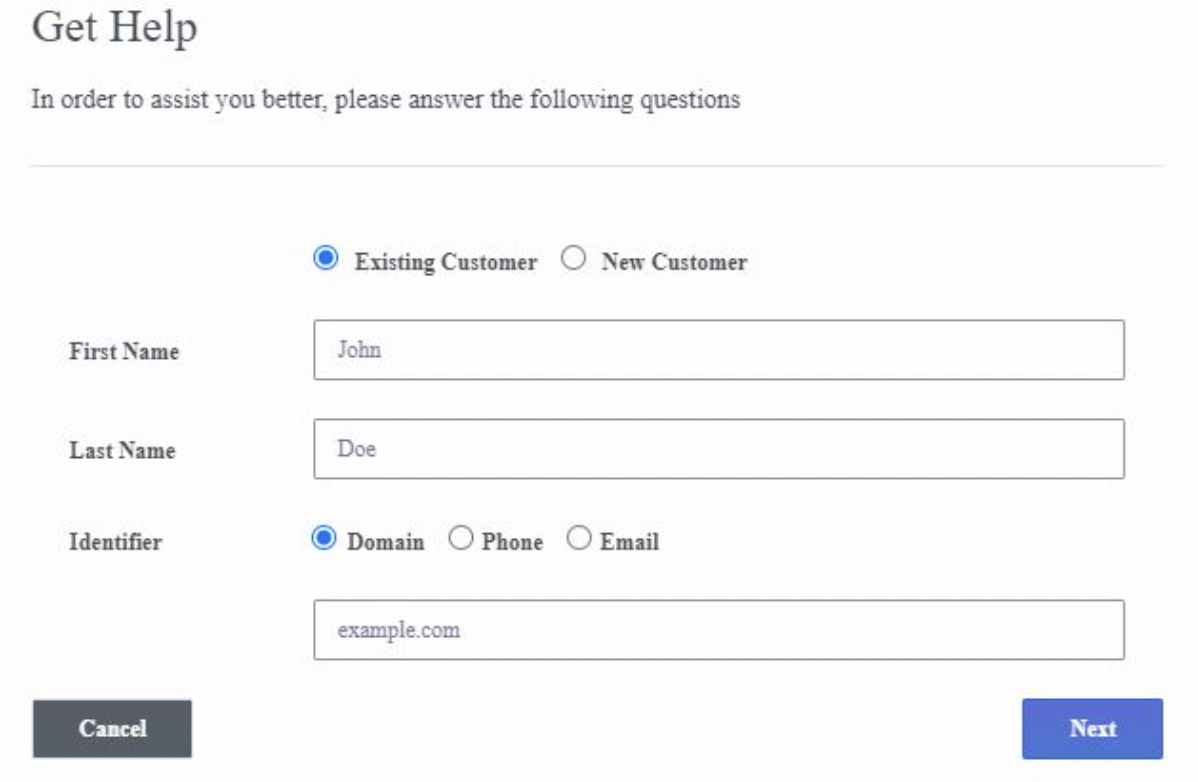Web hosting companies have their own fair share of facing web hosting billing frauds. They often get complaints from customers of phishing emails asking them to renew their hosting or domain even when it hasn’t expired.
Customers that can’t remember when their monthly or yearly billing is due tend to fall victim to this.
They end up giving their web hosting billing account details and hard-earned money to fraudsters who pretend to be their web hosting companies.
It not only causes your customer to deal with the outcome of the fraud but also puts your web hosting service in a bad light.
To state how serious this is, Connecticut, the department of consumer protection in the US, released a statement in 2019 warning of fake web hosting billing invoices.
It called for urgent action as a web hosting company. Otherwise, customers who host their sites with you may switch to competitors with strict measures against billing fraud.
That brings us to the main goal of this article–How to safeguard the web billing accounts of your customers from fraud.
1. Stop Any Suspicious Behavior In Real Time
As a web hosting company, you should have network security that monitors customers’ behaviour in their accounts.
It will make it easy to stop any suspicious behaviour in real time.
For example, it’s unusual for a customer that renews their hosting yearly to be trying to login into their account now and then. That sign of a potential hacker attack can lead to an account takeover.

Using Authsafe, a cybersecurity software that uncovers suspicious behaviour and prevents account takeover might be a solution.

2. Have A Web Hosting Billing Software
Without billing software designed to capture your customer’s details, you can’t fight web hosting billing fraud. You can’t fight web hosting billing fraud.
You can have thousands of them locally and internationally, and it’s hard to manually keep their details and calculate their monthly or yearly billing cost.
That’s why your customers can easily fall for fake electronic invoices from scammers asking them to renew their hosting.
And you can’t blame them since they aren’t conversant with automated billing systems from their web hosting companies.
A billing management system manages the following for you:
- Customers sign up for your services, and termination
- Integrated payment gateways, which you accept payments with
- Pricing plans a customer subscribed to
- Manage auto-renewal billing
These are the top web hosting billing software you can use:
Each of them has its features and pricing plans. So you compare them against what you want in billing software and make an informed decision.
3. Detect New Devices & Location
The IP address of a customer is unique and associated with their billing accounts. It also shows their location. So when fraudsters want to access customers’ web hosting billing accounts, they come with different IP addresses.
A real-time security tool that can detect new IP addresses will uncover login attempts to compromise a customer’s billing account.
Such a tool can also push for authentication, preventing subsequent operations on the account.
4. Mitigate Account Takeover
Account takeover damages the reputation of your web hosting company. No customer will be happy to continue to host their website with you after hackers successfully take over their billing accounts. It doesn’t matter whether it’s your fault or not.
It’s up to you to account takeover. It happens when a customer’s username and password to sign up for web hosting are known to hackers. The hacker impersonates the customer and uses sensitive information found in their billing account to defraud them.
But how do you fight this?
The cybersecurity space has grown in lips and bounds. There are advanced technologies web hosting merchants can deploy to prevent account takeover in real time.
Sophisticated tools like Authsafe use cognitive engines to uncover, prevent and respond to any form of attempt to take over a payment account.
5. Educate Your Customers On Billing Fraud
The fact is that many customers don’t know about billing fraud. They think you can handle it, provided they pay their web hosting fee. They have a role to play, and it’s your job to let them know.
You can do this through frequent emails reminding them of the need to report to the support team if they suspect any phishing activities on their account.
Let them know all the payment gateways you use to collect payment. It will help them identify those fake e-invoices from fraudsters.
Enlighten them on the tone of your emails and the logo of your hosting web brand. That will help them spot phishing transactional emails that flood their inbox pretending to be you.
For example, Bluehost has its logo in every email it sends to customers. So it’s easy to spot fake emails pretending to be it.

Once it confirms your web hosting renewal payment, it sends a confirmation email with all key details to show that they understand you as a customer.
6. Have A Live Chat Support
Live chat empowers your customers to join you in the fight against web hosting billing fraud. How?
A customer that receives a phishing email asking them to renew their web hosting can contact the support team to confirm. This is the fastest way to stop your customers from falling victim to web hosting billing fraud.
Always encourage them to use the live chat to make inquiries and complaints.
The screenshot below is an example of the live chat support of Bluehost.

A customer can contact a live agent any time of the day and get clarifications and issues resolved within a few minutes. Easy-peasy.
Final Thought
A customer who has faced a web hosting billing fraud or constantly receives fake web hosting billing invoices is a lost customer.
There’s nothing you can do to win them back. That’s because they are scared you can’t protect them from fraud.
That’s a loss for a web hosting company that needs customers to make more revenue.
The six ways shown in this article will help you safeguard your customers’ web hosting billing accounts from fraud. All you have to do is make the best of them and beat fraudsters at their own game.
That’s a way to build a reputation as one of the best web hosting companies with security measures to prevent billing fraud.
Author Bio

Sandeep Kamble is a cybersecurity professional with 9+ years of experience bringing together the best security experts to simplify complicated security problems.
He’s the founder of Securelayer7 and Authsafe and has helped companies like PayPal and Dropbox fix cybersecurity issues. Connect with him on LinkedIn.
